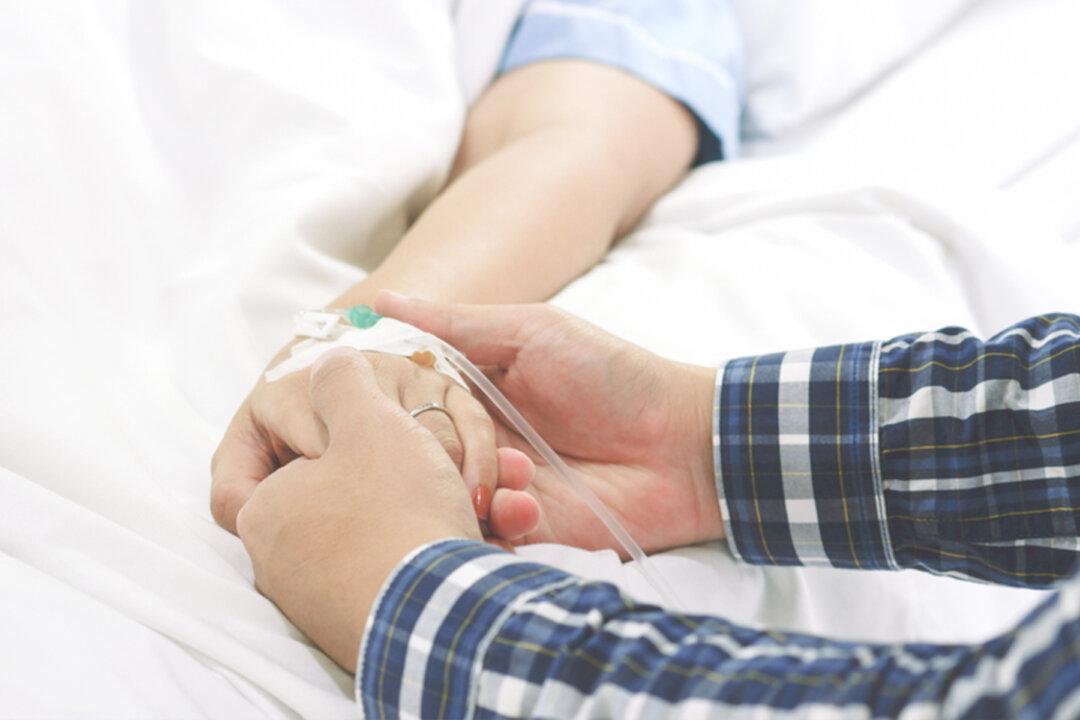Laura Levis had an unlikely death. The 34-year-old woman was a competition powerlifter, hiker, and fitness enthusiast in her free time. But Laura suffered from an asthma attack and lost her life to it. Since then, her widowed husband, Peter DeMarco, has become an advocate for asthma and has been sharing his wife’s story in order to help save other people’s lives.
When Laura suffered an attack in September 2016, she thought she could manage it alone as she had been doing so for 10 years. However, after a short walk at 4 a.m. when she arrived at CHA Sommerville hospital in Massachusetts, she was faced with a lot of unexpected events and thus missed the brief window of opportunity to get the help she needed.




